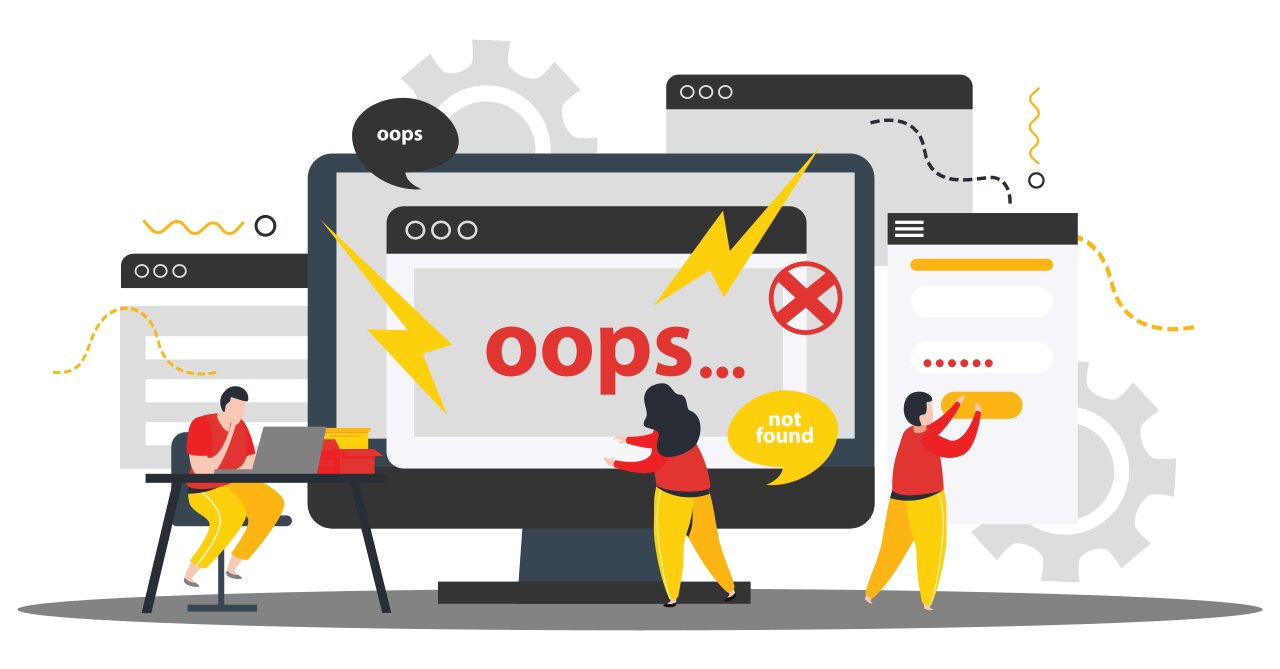How Does an SEO Company Improve Your Website with Technical SEO?
When it comes to search engine optimization (SEO), the rules are always evolving, making it essential to stay informed about the latest strategies. However, even seasoned SEO professionals can fall victim to certain mistakes that prevent websites from reaching their full potential. Over the years, I’ve worked with clients who unknowingly make some of the same SEO mistakes. Today, I want to share the most common pitfalls I’ve encountered and offer solutions on how to avoid them for better, long-lasting results.
-
Ignoring Mobile Optimization
In today’s digital landscape, mobile optimization is more important than ever. Search engines like Google prioritize mobile-friendly websites because most users access the internet via their smartphones. Failing to ensure your site is responsive can severely affect your rankings.
How to avoid it:
Implement a responsive web design that adjusts automatically to any screen size. Test your site’s mobile-friendliness using tools like Google’s Mobile-Friendly Test. If your website isn’t optimized for mobile, you risk losing valuable traffic and potentially falling behind competitors.
-
Keyword Stuffing
In an effort to rank higher, many websites overuse keywords, a practice known as keyword stuffing. While keywords are important for SEO, overdoing it can result in penalties from search engines. It not only makes your content unreadable but can also make search engines view your website as spammy.
How to avoid it:
Instead of focusing on keyword density, focus on user intent and creating natural, high-quality content. Use keywords strategically and aim for readability and relevance. Tools like Yoast SEO or Clearscope can help optimize your content without overstuffing keywords.
-
Poor Content Quality
Quality content is the backbone of SEO. Many websites still rely on thin, irrelevant, or poorly written content. Such content doesn’t engage readers or provide them with useful information, which can hurt your rankings.
How to avoid it:
Focus on creating informative, engaging, and original content that provides value to your audience. Write for your users first, not just for search engines. Invest in content that answers questions, solves problems, and keeps visitors engaged for longer periods.
-
Forgetting to Optimize Meta Tags
Meta tags, such as meta titles and descriptions, play an important role in SEO. These elements help search engines understand the content of your page and appear in search engine results. Unfortunately, many websites neglect to optimize these tags or use generic titles and descriptions that fail to attract clicks.
How to avoid it:
Ensure every page on your website has a unique, descriptive, and keyword-rich meta title and description. These elements should accurately reflect the content of the page while also being compelling enough to encourage users to click.
-
Ignoring Technical SEO
Technical SEO involves optimizing the backend of your website to improve its performance and ensure search engines can crawl and index your pages effectively. Many website owners focus too much on content while neglecting the technical aspects of SEO, such as site speed, internal linking, and structured data.
How to avoid it:
Perform regular site audits to identify and fix technical issues like broken links, slow loading times, and improper redirects. Use tools like Google Search Console or Screaming Frog to detect and resolve these problems. Optimizing site speed and fixing crawl errors will help your website perform better in search rankings.
-
Not Building High-Quality Backlinks
Backlinks are one of the most important ranking factors for search engines. However, not all backlinks are created equal. Many people still make the mistake of acquiring low-quality, spammy backlinks that can actually harm their SEO efforts.
How to avoid it:
Focus on earning high-quality backlinks from authoritative websites in your industry. This could involve guest blogging, creating shareable content, or networking with influencers. Avoid any black-hat techniques like buying links, as these can lead to penalties.
-
Not Tracking and Analyzing Results
SEO is an ongoing process, and tracking your progress is essential. Many businesses fail to monitor their SEO efforts and don’t have a clear understanding of what’s working or what needs improvement.
How to avoid it:
Set up Google Analytics and Google Search Console to track your website’s traffic, user behavior, and performance in search engine results. Regularly review key metrics like organic traffic, bounce rate, and conversion rate. Use this data to fine-tune your strategy and ensure continuous improvement.
-
Focusing Only on Search Engines and Not the User Experience
While optimizing for search engines is important, don’t forget that your visitors are the ones who will be engaging with your content. If your website is difficult to navigate, slow, or confusing, users will leave quickly, which can hurt your rankings over time.
How to avoid it:
Always prioritize user experience (UX) in your SEO strategy. Ensure your website is easy to navigate, fast-loading, and visually appealing. A positive user experience not only keeps visitors engaged but also signals to search engines that your site is of high quality.
Final Thoughts
SEO can be complex, and avoiding these common mistakes is crucial for achieving better rankings and driving more organic traffic to your site. By focusing on mobile optimization, high-quality content, technical SEO, and user experience, you can create a website that ranks well and provides real value to your audience. Stay up-to-date with the latest SEO trends, continuously improve your strategy, and avoid these common pitfalls for better results in the long run.
If you need help optimizing your website for search engines, don’t hesitate to reach out. Proper SEO practices can make a world of difference in how your website performs online.




